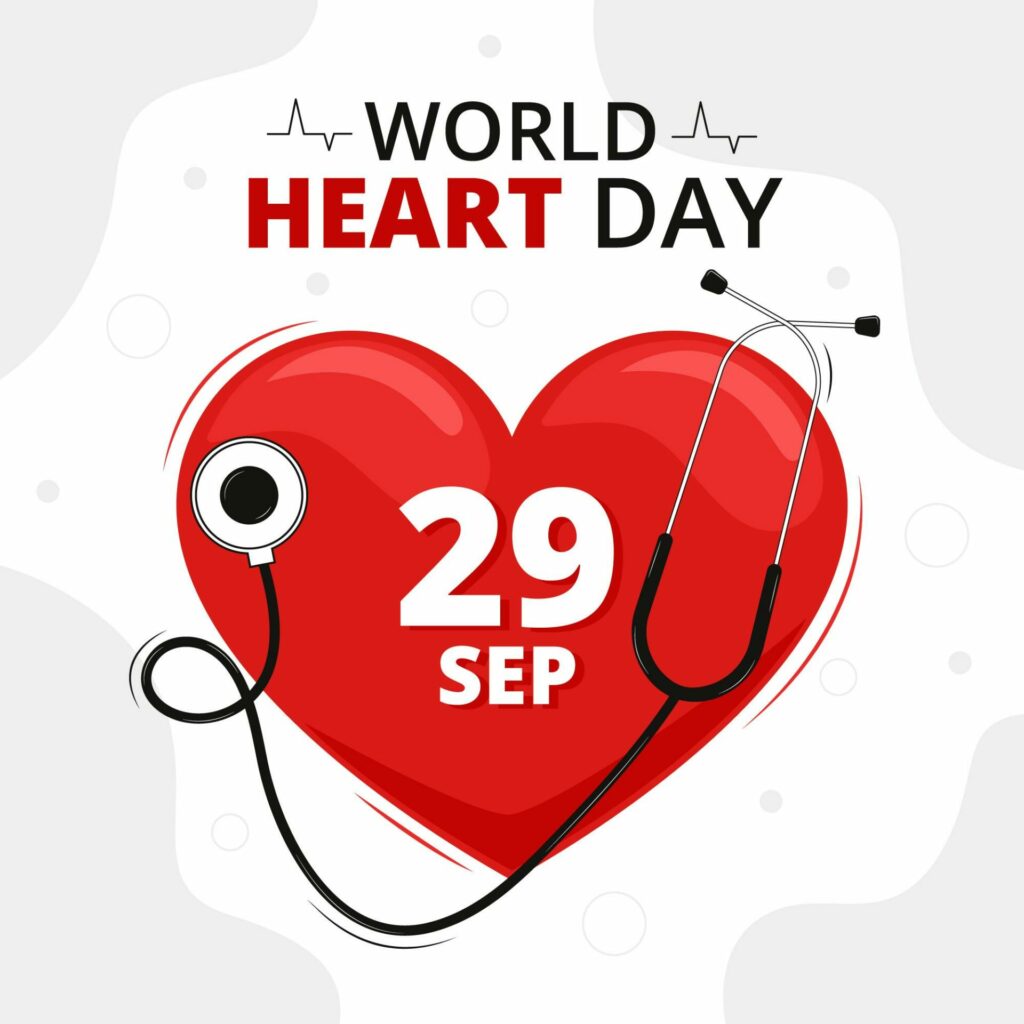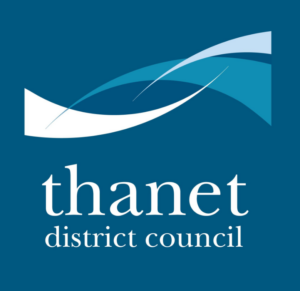- 01843 834160
- [email protected]
- Mon - Fri: 9:00 - 17:00
Why Celebrate World Heart Day on 29th September

THE OBJECTIVE OF WORLD HEART DAY: COMBATTING THE GREATEST GLOBAL KILLER
Cardiovascular disease (CVD) stands as the leading cause of mortality worldwide. Collectively, conditions affecting the heart and blood vessels, such as heart attacks, strokes, and heart failure, claim the lives of over 20.5 million individuals each year.
CVD is a class of diseases that impact the heart and blood vessels, including veins and arteries. Remarkably, CVD claims more lives than any other cause, exceeding 20.5 million fatalities annually. Within this grim statistic, 85% of deaths stem from coronary heart diseases, such as heart attacks, and cerebrovascular diseases, such as strokes, disproportionately affecting low- and middle-income countries.
Did you know that your heart, the size of your clenched fist, is your body’s strongest muscle? Beginning its rhythmic beating approximately three weeks after your conception, your heart will have executed an astonishing two and a half billion beats if you are fortunate enough to reach the age of 70. However, despite its resilience, your heart can become vulnerable due to habitual and physiological risk factors like smoking, diabetes, high cholesterol, an unhealthy diet, or hypertension. When the heart’s functionality becomes compromised, this condition is known as cardiovascular disease, an overarching term encompassing disorders involving the heart.
World Heart Day aspires to significantly reduce the number of CVD-related deaths, especially as 80% of premature CVD fatalities are preventable. By making adjustments to our lifestyles – dietary choices, exercise routines, and stress management – we can better safeguard our heart health and triumph over CVD.
What Are Some Symptoms of CVD?
Often, cardiovascular disease remains asymptomatic, with the initial indication being a heart attack or stroke.
CVD symptoms vary according to the specific condition and can encompass:
- Angina, chest tightness, chest pressure, and discomfort
- Leg and/or arm pain, weakness, or numbness
- Pain or discomfort in the arms, neck, shoulders, jaw, or back
- Shortness of breath
- Easily becoming fatigued during physical activity
- Alterations in heart rhythm
- Rapid or slow heartbeat, palpitations, or fluttering in the chest
- Dizziness, light-headedness, or fainting
- Weakness or fatigue
- Swelling in the hands, legs, ankles, or feet
- Fever
- Skin rashes or unusual spots
- Persistent dry cough
Heart attack symptoms in men often include intense chest pain, left arm or jaw pain, and difficulty breathing.
Women may experience similar symptoms but with more diffused pain, extending to the shoulders, neck, arms, abdomen, and back. Women’s symptoms may resemble indigestion, lack consistent pain, or manifest as unexplained anxiety, nausea, dizziness, palpitations, and cold sweats. Fatigue may precede heart attacks in women, who also face a higher likelihood of severe first heart attacks leading to mortality compared to men.
If you experience chest pain, shortness of breath, or fainting, seek immediate emergency medical attention. Always dial your country’s emergency number if you suspect a heart attack.
Cardiovascular disease, including heart disease, is more manageable when detected early. If you are concerned about your heart health, consult your physician regarding measures to reduce your risk, especially if you have a family history of heart disease.

Image by Freepik
How Can You Prevent CVD this World Heart Day?
There are several ways you can help mitigate the risk of developing coronary heart disease (CHD), including controlling blood pressure and cholesterol levels.
Adopt a balanced, nutritious diet
Embrace a low-fat, high-fibre diet, featuring abundant fresh fruits and vegetables (aim for five portions daily) and whole grains. Restrict salt intake to no more than 6g (about 1 teaspoon) daily, as excessive salt raises blood pressure. Avoid saturated fats found in foods such as meat pies, sausages, butter, cream, and cakes. Instead, incorporate unsaturated fats from sources like oily fish, avocados, nuts, and oils like sunflower, rapeseed, olive, and vegetable oils.
Moderate sugar consumption to reduce the risk of diabetes, a significant CHD precursor.
Engage in regular physical activity
Combine a nutritious diet with consistent exercise to maintain a healthy weight and lower blood pressure. Regular physical activity enhances heart and circulatory efficiency, reduces cholesterol, and maintains optimal blood pressure. Aerobic exercises such as walking, swimming, and dancing are particularly effective at promoting heart health.
Maintain a healthy weight
Consult your general practitioner or practice nurse for guidance on your ideal weight relative to your height and build. Alternatively, determine your body mass index (BMI) using an online calculator.
Quit smoking
Smoking increases the risk of atherosclerosis (arterial plaque buildup) and is a primary contributor to coronary thrombosis, especially in individuals under 50. Combining NHS support with smoking cessation aids like patches or gum enhances the likelihood of successfully quitting and therefore help to reduce your risk of developing CHD.
Limit alcohol intake
Adhere to recommended alcohol limits, with men and women advised not to exceed 14 units weekly. Distribute consumption over three or more days if approaching this limit, and avoid binge drinking, which heightens the risk of heart attacks.
Control blood pressure
Maintain healthy blood pressure through a balanced diet, exercise, and, if necessary, medication. Target a blood pressure reading below 140/90mmHg, with regular check-ups if you have high blood pressure.
Manage diabetes
Effective management of blood sugar levels through physical activity, weight control, and blood pressure regulation can reduce the risk of CHD. If you have diabetes, aim for a blood pressure level below 130/80mmHg.
Adhere to prescribed medications
Follow your doctor’s instructions regarding medication for symptom relief or prevention. Never discontinue medication without medical consultation, as doing so can exacerbate symptoms and jeopardise your health.
GET INVOLVED AND SUPPORT THE WORLD HEART DAY CAMPAIGN
Participate in World Heart Day and make the day your own. Individuals or organisations can decide how they want to make a difference and contribute meaningfully. Activities can range from organizing a 5K run at your workplace to promoting a heart-healthy menu in school cafeterias or conducting CPR classes for sports clubs. Whatever you decide, the World Heart Federation website provides valuable resources, including a toolkit to facilitate communication and event organization for a successful celebration.
As we unite in our efforts to combat cardiovascular disease and promote heart-healthy living this World Heart Day, let us remember that every small change we make in our lives has the power to save hearts and transform the world, one beat at a time.
You are able to keep up to date with our articles, news and publications by following us on our social media channels below:












